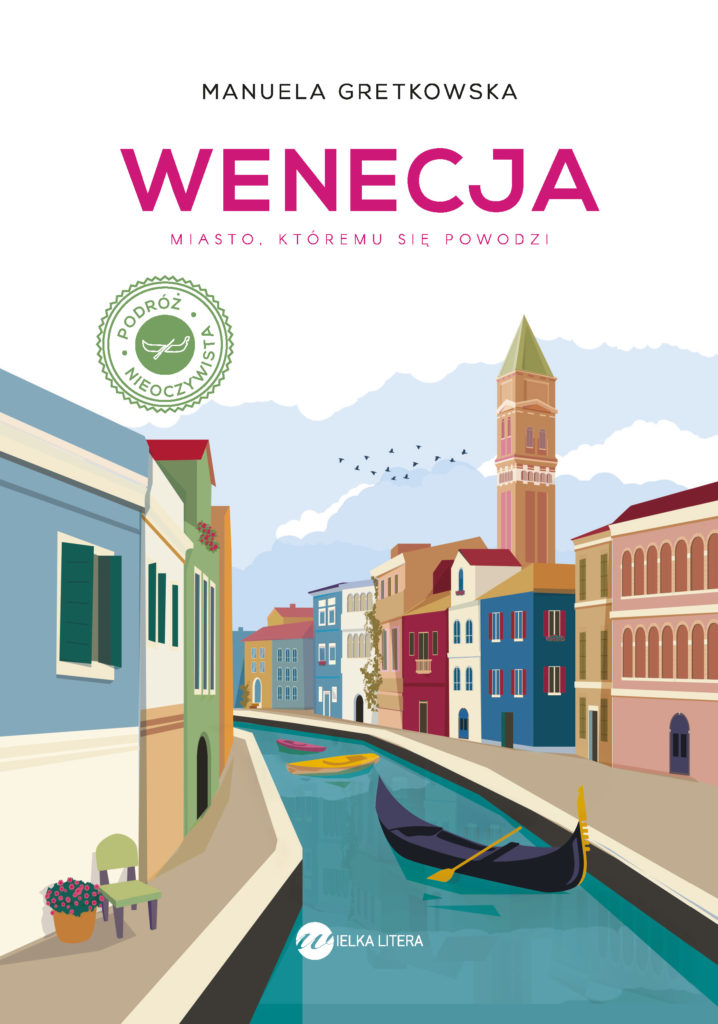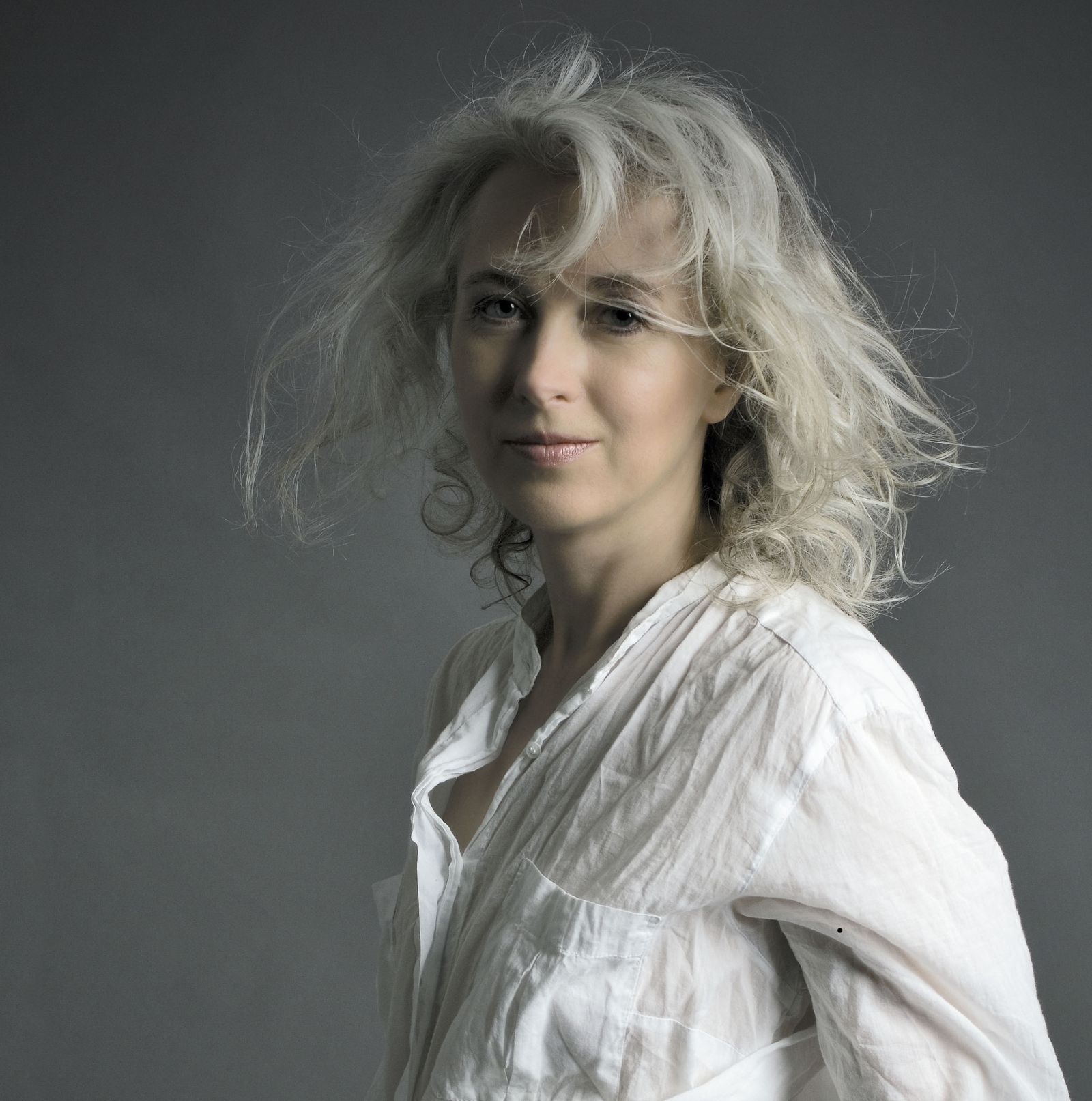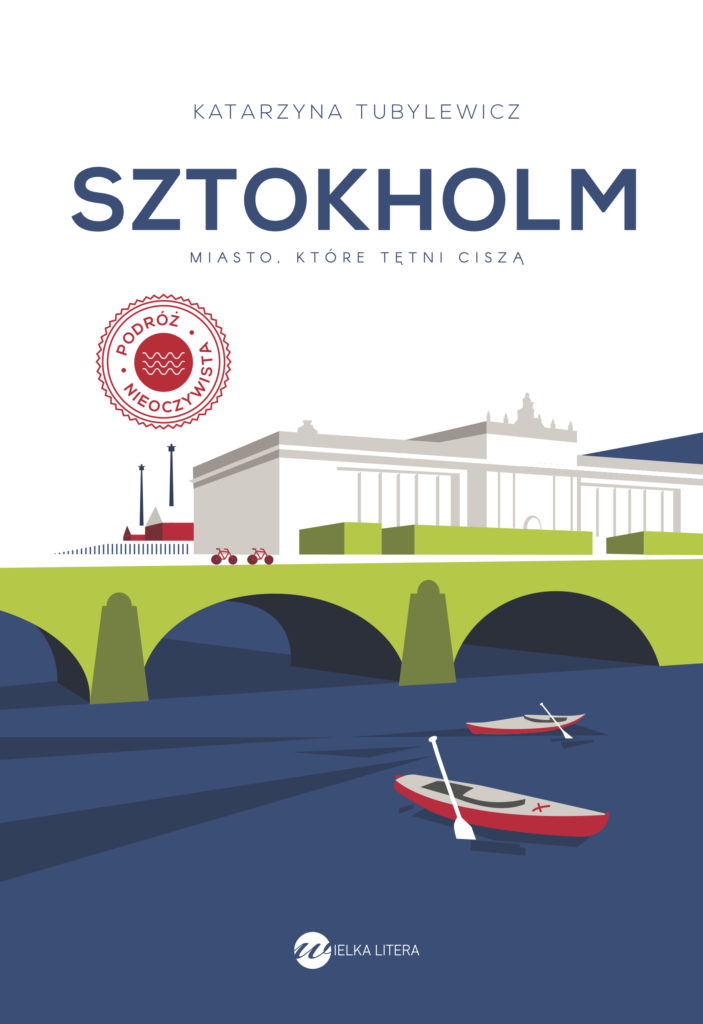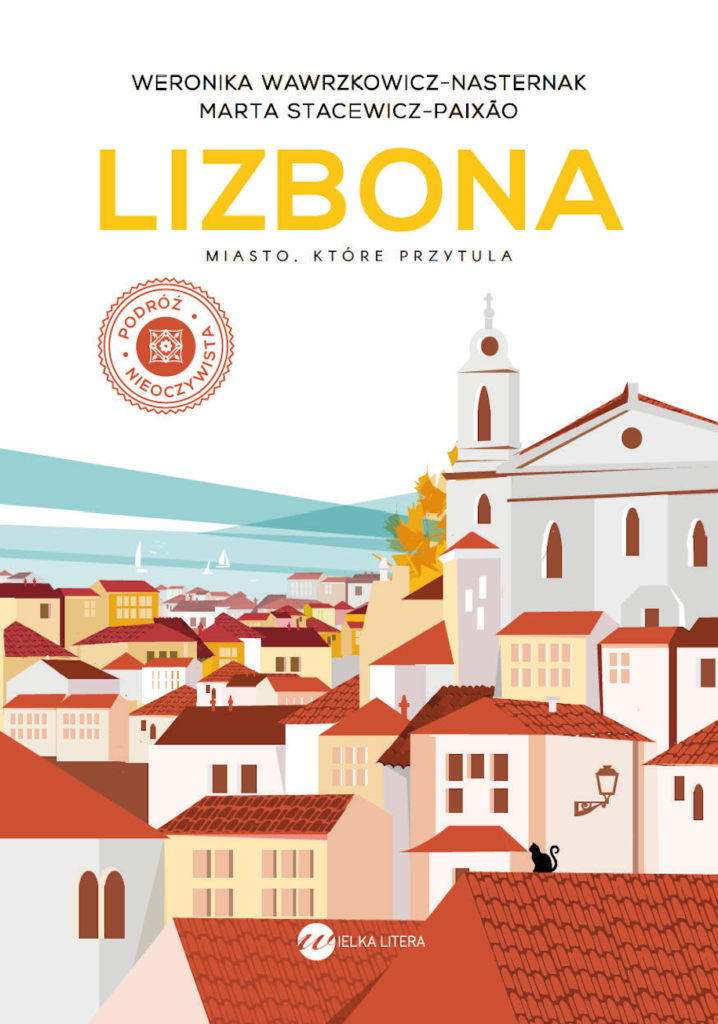
Part of Series
Przewodnik po Wenecji, który czyta się jak powieść. Gretkowska połączyła encyklopedyczne treści z literackim stand-upem. Miasto papieży i grzeszników, artystów i złoczyńców. Kościoły buduje się tu z pieniędzy ściąganych od prostytutek, a współcześni mafiozi wykradają zwłoki dawnej świętej. Wenecja to też miejsce ukochane przez wielkich tego świata: malarzy, muzyków, pisarzy. Miasto, które oszałamia bogactwem estetycznym i wywołuje objawy somatyczne zwane syndromem weneckim. Jestem przewodniczką po mieście bezcennym, już nieistniejącym. Poznasz moją wersję Wenecji – muszli zostawionej na lagunie przez ludzkie potwory, święte i utalentowane dziwki, szubrawców i geniuszy, zamieszkujących to miejsce przez ponad tysiąc lat. Oglądana – to turystyczny kicz. Przyłożona do ucha – zamiast szumieć morzem, wytwarza informacyjny szum: tonie, zachwyca. Idealna na podróż poślubną
Author

Gretkowska studied philosophy at the Jagiellonian University in Kraków. In 1988 she left Poland to live in Paris, where she studied anthropology at École des hautes études en sciences sociales. It was France where she wrote her first short stories. Gretkowska's literary debut was the novel We Are Immigrants Here (My zdies' emigranty) (1991), in which she ironically described the experiences of the young generation leaving Poland. Gretkowska's next three books described the life of a modern artistic-intellectual bohemian living in France: Paris Tarot (1993), Metaphysical Cabaret (1994), and Textbook for people. Skull: The First and Last Volume (1996) connects gnosis, kabbala, the character of Mary Magdalene and the skull motif in global culture. In this period, the writer earned the title of "scandalist" and "postmodernist." Manuela Gretkowska's prose eschewed grandiose language, more similar to the ease and austerity of the essay. In 1996, Gretkowska wrote a screenplay for the Andrzej Żuławski film Szamanka (She-Shaman). In 1997, Gretkowska moved to Sweden, where she published several collected stories in the book Namiętnik (The Passionate One) (1998), notes from her world travels in Światowidz (World-View) (1998), and her columns, under the collective title Silikon (Silicon) (2000). She also co-wrote the screenplay for the first season of the TV series Miasteczko (Small Town) (2000). Gretkowska's newest work is more personal, almost intimiate prose. Polka (Polish woman) (2001) was the writer's pregnancy journal, while Europejka (European Woman) (2004) presents a humorous view of a changing Poland through the eyes of Gretkowska the intellectual. In 2003 the author, together with her partner Piotr Pietucha wrote Scenes from Extramarital Life.


